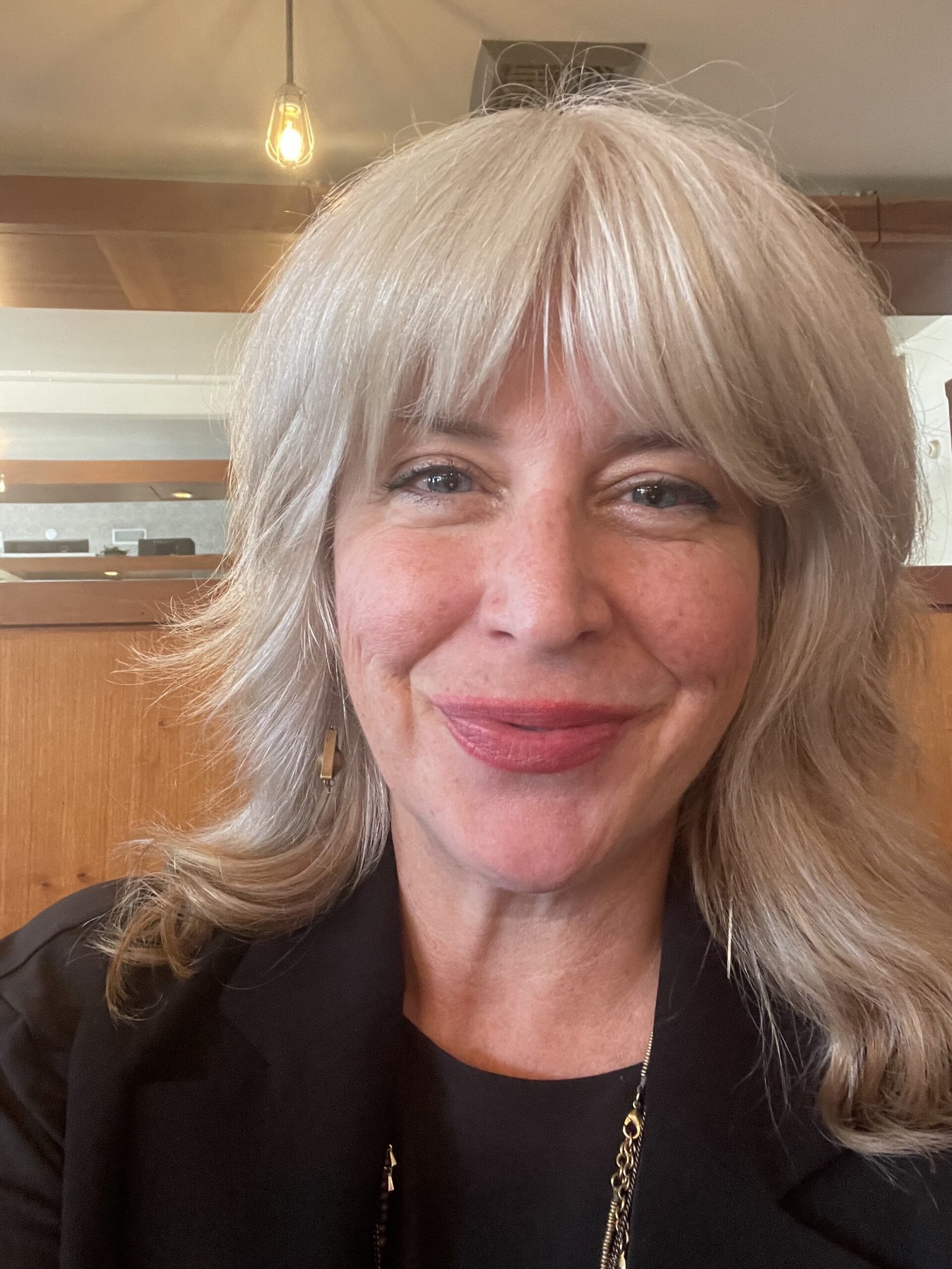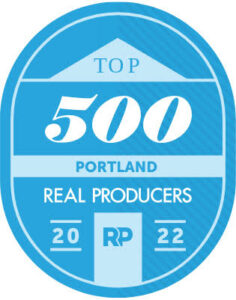By Gabrielle Enfield, June 23, 2021
Hi, Readers – It’s hot. Too hot. We’re not used to soaring temps like this, so I wanted to share an overview put together to give us all a reminder on how to stay safe while the temperatures continue to rise.
Extreme heat is a period of high heat and humidity with temperatures above 90 degrees for at least two to three days. In extreme heat your body works extra hard to maintain a normal temperature, which can lead to death. In fact, extreme heat is responsible for the highest number of annual deaths among all weather-related hazards.
Remember:
- Extreme heat can occur quickly and without warning.
- Older adults, children and sick or overweight individuals are at greater risk from extreme heat.
- Humidity increases the feeling of heat as measured by a heat index.
Try to keep your home cool:
- Do not rely on a fan as your primary cooling device.
- Cover windows with drapes or shades.
- Weather-strip doors and windows.
- Use window reflectors such as aluminum foil-covered cardboard to reflect heat back outside.
- Add insulation to keep the heat out.
- Use a powered attic ventilator, or attic fan, to regulate the heat level of a building’s attic by clearing hot air.
- Install window air conditioners and insulate around them.
- Learn to recognize the signs of heat illness. For more information visit: www.cdc.gov/disasters/extremeheat/warning.html
Be Safe DURING
Never leave a child, adult, or animal alone inside a vehicle on a warm day. Exposing yourself to the sun or to high temperatures does not protect you from coronavirus disease 2019 (COVID-19).
Find places with air conditioning. Libraries, shopping malls, and community centers can be a cool place to beat the heat. Stay informed and check with local authorities about possible closures prior to going to cooling centers. Once there, follow CDC guidelines to prevent the spread of COVID-19. Some steps you can take to keep yourself and others safe from COVID-19 include:
- Wash your hands often, keep a physical distance of at least six feet between you and people who are not part of your household, and avoid crowds and large groups.
- Wear a face cloth covering. Children under 2 years old, people who have trouble breathing, and people who are unable to remove masks on their own should not wear face coverings.
- If you are wearing a mask and feel yourself overheating or having trouble breathing, put at least 6 feet of distance between yourself and others and remove the mask.
- If you can, wash your reusable mask regularly.
- If air conditioning is not available in your home:
- Contact Low Income Home Energy Assistance Program (LIHEAP) for help.
- Contact your local health department or locate an air-conditioned shelter in your area.
- Spend some time at a shopping mall or public library- even a few hours spent in air conditioning can help.
- Keep at least six feet of space between you and individuals who are not a part of your immediate household.
- Your community may set up emergency alternatives for cooling centers, such as using parked air-conditioned buses or movie theaters, as normal cooling centers may not have enough space for physical distancing. Pay attention to guidance from local officials to determine where the nearest cooling center is.
- Wear masks when in public spaces. Masks should not be worn by children under 2 years old, people who have trouble breathing, and people who are unconscious, incapacitated, or otherwise unable to remove them.
- Try to bring items that can help protect you and others in the cooling center from COVID-19, such as hand sanitizer that contains at least 60 percent alcohol and cleaning materials.
- Review the CDC’s guidelines for “Going to a Public Disaster Shelter During the COVID-19 Pandemic.”
- Take cool showers or baths.
- Don’t rely solely on fans to keep you cool. While electric fans might provide some comfort, when temperatures are really hot, they won’t prevent heat-related illness.
- Use your stove and oven less to maintain a cooler temperature in your home.
- If you’re outside, find shade. Wear a hat wide enough to protect your face. Wear appropriate cloth masks and keep a physical distance of at least six feet while you’re outside. Don’t wear a masks if you have trouble breathing or if you are unable to remove it on your own. Children under the age of 2 shouldn’t wear face coverings. If you can, wash your reusable mask regularly.
- During extreme heat events, use a cloth mask that has breathable fabric, such as cotton, instead of polyester. Keep in mind that masks with filters, which are used when cleaning mold or debris, are often made with synthetic materials, which makes it harder to breathe.
- Ensure that your mask covers your mouth and nose and is somewhat snug on your face, even when it is hot. Make sure that it is not too tight. You should not have trouble breathing while wearing the mask. If it is too tight, loosen it so that if fits snuggly without slipping. If it is too tight, loosen it so that if fits snugly without slipping.
- Be sure to have several clean masks to use in case your mask becomes wet or damp from sweat during an extreme heat event. Cloth masks should not be worn when they become damp or wet. Be sure to wash your cloth masks regularly.
- Wear loose, lightweight, light-colored clothing.
- Drink plenty of fluids to stay hydrated. If you or someone you care for is on a special diet, ask a doctor what would be best. There is no evidence showing that you can get COVID-19 through drinking water or touching water. Conventional water treatment methods, such as those in most municipal drinking water systems, use filtration and disinfection methods that should remove or inactivate the virus that causes COVID-19.
- Keep in mind that not everyone can afford to stock up on supplies, such as sports drinks, cleaning supplies, and non-perishable foods. If you can, slowly buy supplies in advance so that you don’t have to go to the store as often. Shopping less often helps to slow the spread of COVID-19. By social distancing and only shopping when you must, you can protect those who are unable to buy supplies in advance and must shop more frequently.
- Being prepared allows you to avoid unnecessary excursions and to address minor medical issues at home, alleviating the burden on urgent care centers and hospitals.
- Remember that not everyone can afford to respond by stocking up on necessities. For those who can afford it, making essential purchases and slowly building up supplies in advance will allow for longer time periods between shopping trips. This helps to protect those who are unable to procure essentials in advance of the pandemic and must shop more frequently. In addition, consider avoiding WIC-labeled products so that those who rely on these products can access them.
- Keep in mind that not everyone can afford to stock up on supplies, such as sports drinks, cleaning supplies, and non-perishable foods. If you can, slowly buy supplies in advance so that you don’t have to go to the store as often. Shopping less often helps to slow the spread of COVID-19. By social distancing and only shopping when you must, you can protect those who are unable to buy supplies in advance and must shop more frequently.
- Do not use electric fans when the temperature outside is more than 95 degrees. You could increase the risk of heat-related illness. Fans create air flow and a false sense of comfort, but do not reduce body temperature.
- Avoid high-energy activities outdoors. Avoid working outdoors during the midday heat, if possible.
- Check yourself, family members, and neighbors for signs of heat-related illness and COVID-19. Maintain social distancing between yourself and persons not part of your household.
- Engage virtually with your community through video and phone calls. Know that it’s normal to feel anxious or stressed. Take care of your body and talk to someone if you are feeling upset. Many people may already feel fear and anxiety about the coronavirus 2019 (COVID-19). The threat of an avalanche can add additional stress. Follow CDC guidance for managing stress during a traumatic event and managing stress during COVID-19.
Recognize and Respond
Know the signs of heat-related illnesses and COVID-19 and ways to respond. At-risk populations for both heat-related illness and COVID-19 include older individuals and those with underlying health conditions. Know how to protect individuals especially at risk from both extreme heat events and COVID-19.
If you are sick and need medical attention, contact your healthcare provider for advice and shelter in place, if you can. If you are experiencing a medical emergency, call 9-1-1 and let the operator know if you have, or think you might have, COVID-19. If you can, put on a mask before help arrives. If you are at a shelter or public facility, alert shelter staff right away so they can call a local hospital or clinic.
HEAT CRAMPS
- Signs: Muscle pains or spasms in the stomach, arms or legs
- Actions: Go to a cooler location. Remove excess clothing. Take sips of cool sports drinks with salt and sugar. If you are sick and need medical attention, call your healthcare provider first. Follow your healthcare provider’s instructions about whether you should go to the hospital or cooler location yourself, as you may be putting others or yourself in greater risk for contracting COVID-19. If cramps last more than an hour, seek medical attention. If possible, put on a mask before medical help arrives.
HEAT EXHAUSTION
- Signs: Heavy sweating, paleness, muscle cramps, tiredness, weakness, dizziness, headache, fainting, nausea, vomiting
- Actions: Go to an air-conditioned place and lie down. Loosen or remove clothing. Take a cool bath. Take sips of cool sports drinks with salt and sugar. Call your healthcare provider if symptoms get worse or last more than an hour.
HEAT STROKE
- Signs:
- Extremely high body temperature (above 103 degrees) taken orally
- Red, hot and dry skin with no sweat
- Rapid, strong pulse
- Dizziness, confusion or unconsciousness
- Actions: Call 9-1-1 or get the person to a hospital immediately. Cool down with whatever methods are available until medical help arrives.
COVID-19
- Signs: A combination of cough and shortness of breath or difficulty breathing, fever, chills, repeated shaking with chills, muscle pain, headache, sore throat, and sudden loss of taste or smell
- Actions: For severe symptoms, call 9-1-1 and let them know you think you may have COVID-19 or may have been exposed to COVID-19. If you can, put on a mask before medical help arrives. If you’re experiencing milder symptoms, consult your medical provider.




